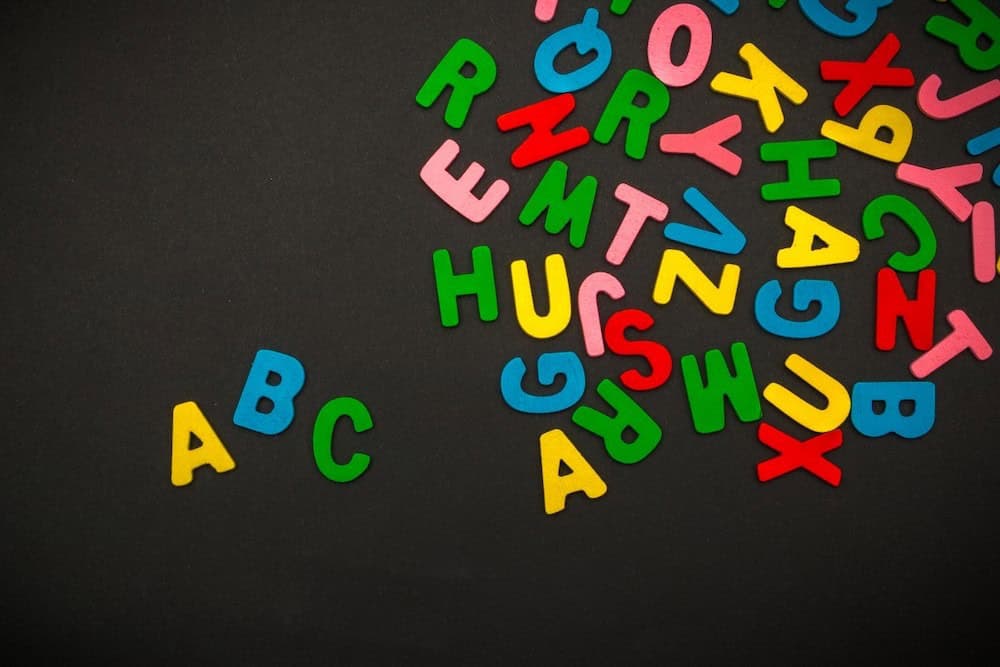In a new study on Spectrum News, Diane Putnick — a psychologist at the US National Institute of Child Health and Human Development — discovered and stressed how language is most pliable during infancy.
“The ability to use language effectively is associated with better social and emotional adjustment, school performance, and job prospects,” Putnick noted.
Another interesting component of the study — further defined here — notes that children with autism improve their language skills at a similar rate to that of other children. Receptive vocabulary, regardless of ability, develop and progress at near-parallel rates.
Another researcher on this study, speech pathologist Amanda Brignell, adds, “Although kids with autism do tend to have lower vocabulary scores than their peers, they don’t lose ground. They progress steadily as they get older.”
To conduct the study, Putnick’s team tracked language development in more than 1,000 children with autism, dyslexia, and hearing impairments to assess their vocabulary, grammar, and literacy abilities nearly a dozen times from ages six months to 15 years. While children with autism will often repeat familiar phases to communicate with others at ages one and two, they too develop language skills at similar rates to other peers. Early indicators of language ability, the study found, are likely be consistent through one’s coming of age. So if a child is in the eightieth percentile at age two, they are likely to be in the eightieth percentile at age twelve.
Of course, one’s education and home life can affect how rapidly language skills develop. The most important thing, the study finds, is to take note of communication difficulties earlier on. As Putnick says, “Children are often diagnosed with autism later in development, but specific language deficits could and should be addressed sooner.”
But how much of one’s literacy and language abilities are determined by nature vs. nurture? A combination of genetic and environmental factors provides the blueprint for the development of one’s skills. Parents will often match the level of speech of their child; if their child does not speak, the parents may not feel inclined to carry a conversation with them. It helps to talk anyway. Once a child starts showing signs of using words, it’s useful to repeat those words and string sentences together with them so the child can catch on to the rhythm of sentences and the diversity of a rich vocabulary.
A 2014 study showed that children with autism show the most variability in their ability to learn language between the ages of two and six. The parents of children who used increasingly complex language also tended to use more complex language themselves. Your child is a sponge, and you are their dictionary. Regardless of ability, children — as always — will look to, and echo, their parents.
This study appeared in the November 2018 issue of Science Advances.
